News and Stories

World Health Organization Recognizes Center for Leadership in Integration Science
The Center for Integration Science in Global Health Equity has been named a WHO Collaborating Centre in recognition of its work in designing integrated care delivery systems for people living with severe noncommunicable diseases in extreme poverty.
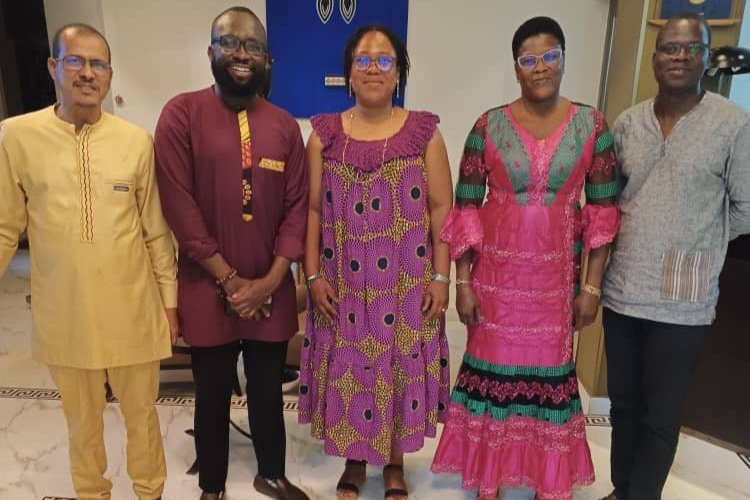
Burkina Faso Commission Convenes for Situation Analysis Meeting
Members of the Burkina Faso NCDI Poverty Commission met at the Ministry of Health offices in Ouagadougou in early May to review national NCDI data as part of an initial situation analysis.
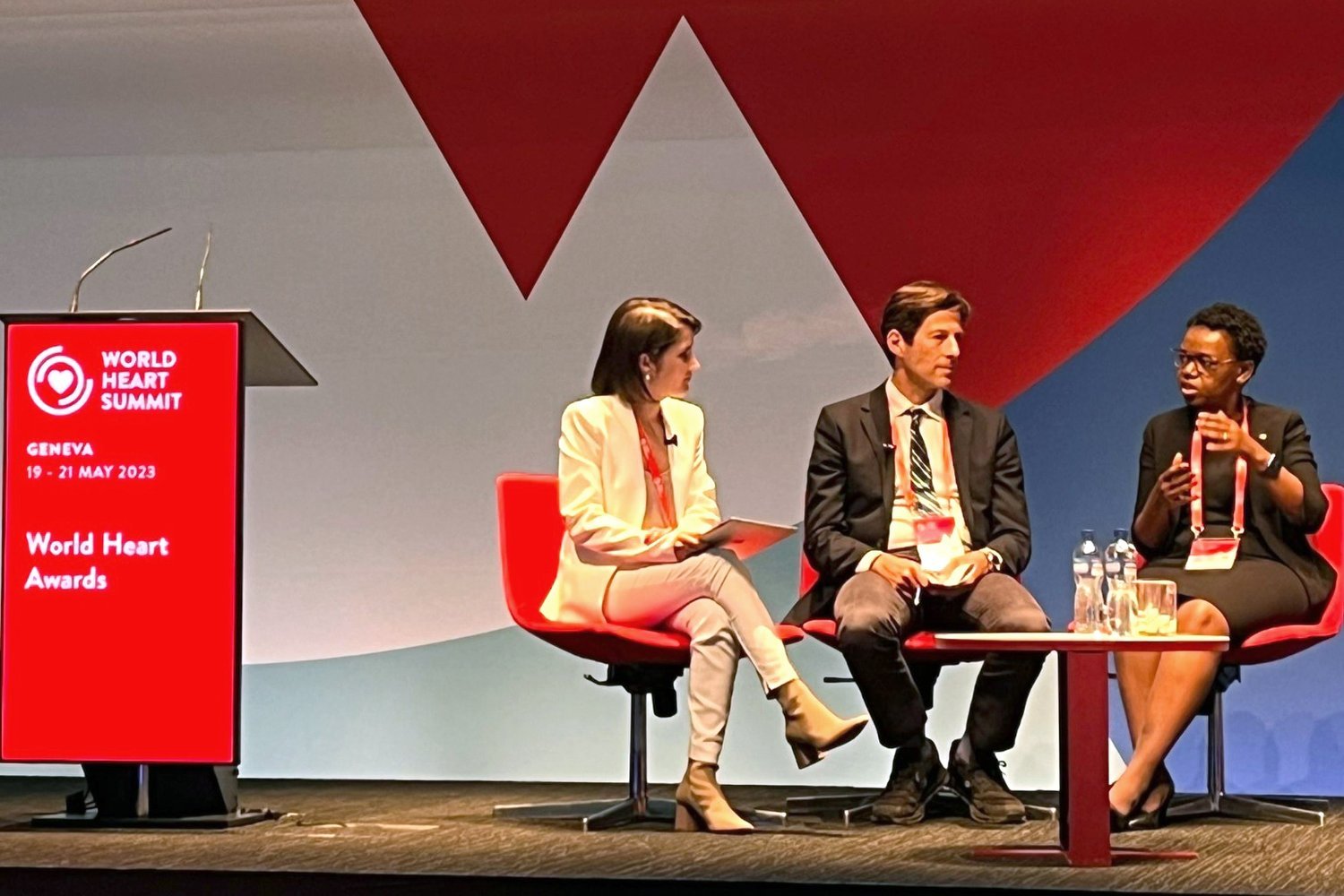
Network Co-Chairs Receive World Heart Federation Award in Geneva
The World Heart Federation has presented its Outstanding Contribution to Cardiovascular Health Award to Drs. Gene Bukhman and Ana Mocumbi, co-chairs of the NCDI Poverty Network. The presentation took place in May at the World Heart Awards ceremony in Geneva.
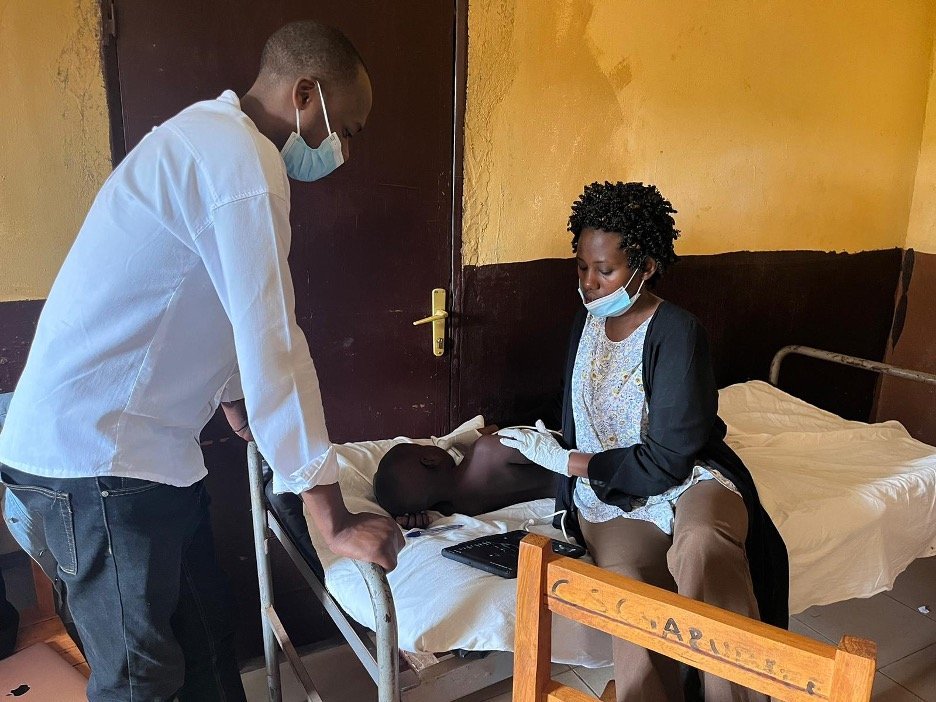
Rwanda Makes Strides in Cardiac Care Capacity
This spring, the Ministry of Health of Rwanda offered two weeks of practical training for 24 nurses and doctors from a dozen PEN-Plus district hospitals. The training—provided in partnership with the Network, Team Heart, and Partners In Health Rwanda—focused on the skills needed to diagnose and treat heart failure in rural district hospitals.

Cameroon NCDI Poverty Commission Meets Ahead of Report Dissemination
Members of the Cameroon NCDI Poverty Commission met in Yaounde on May 10 to review the results of their situation analysis and priority-setting work on the country’s noncommunicable disease burden. Attending were leaders and representatives of both the Ministry of Health and the country office of the World Health Organization.

Mozambique Visit Highlights Need for PEN-Plus Clinics
The stark realities of living with severe noncommunicable diseases in extreme poverty became clear to members of the High-Level Advisory Group of the PEN-Plus Partnership when they convened in Mozambique in March to discuss strategies for supporting initiation and scale-up of PEN-Plus in resource-poor countries.

Lancet Commentary Highlights Feasibility of Decentralizing Care for Severe, Chronic NCDs
A commentary published in The Lancet Diabetes and Endocrinology in early May showcases the power of PEN-Plus and the PEN-Plus Partnership to bring lifesaving care for severe, chronic NCDs to first-level hospitals in poor, rural areas of lower-income countries.
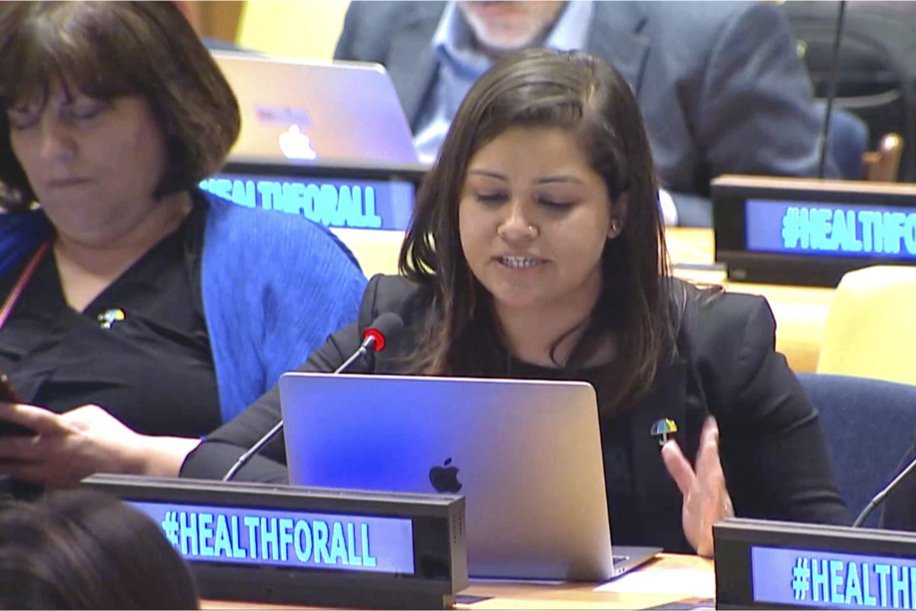
Apoorva Gomber Delivers Impassioned Plea at UN Hearing
“Where a child lives should not determine whether a child lives,” declared Dr. Apoorva Gomber, associate advocacy director for the NCDI Poverty Network. “And yet children with type 1 diabetes in rural areas of sub-Saharan Africa often die within a year of diagnosis. This reality is morally unconscionable.”
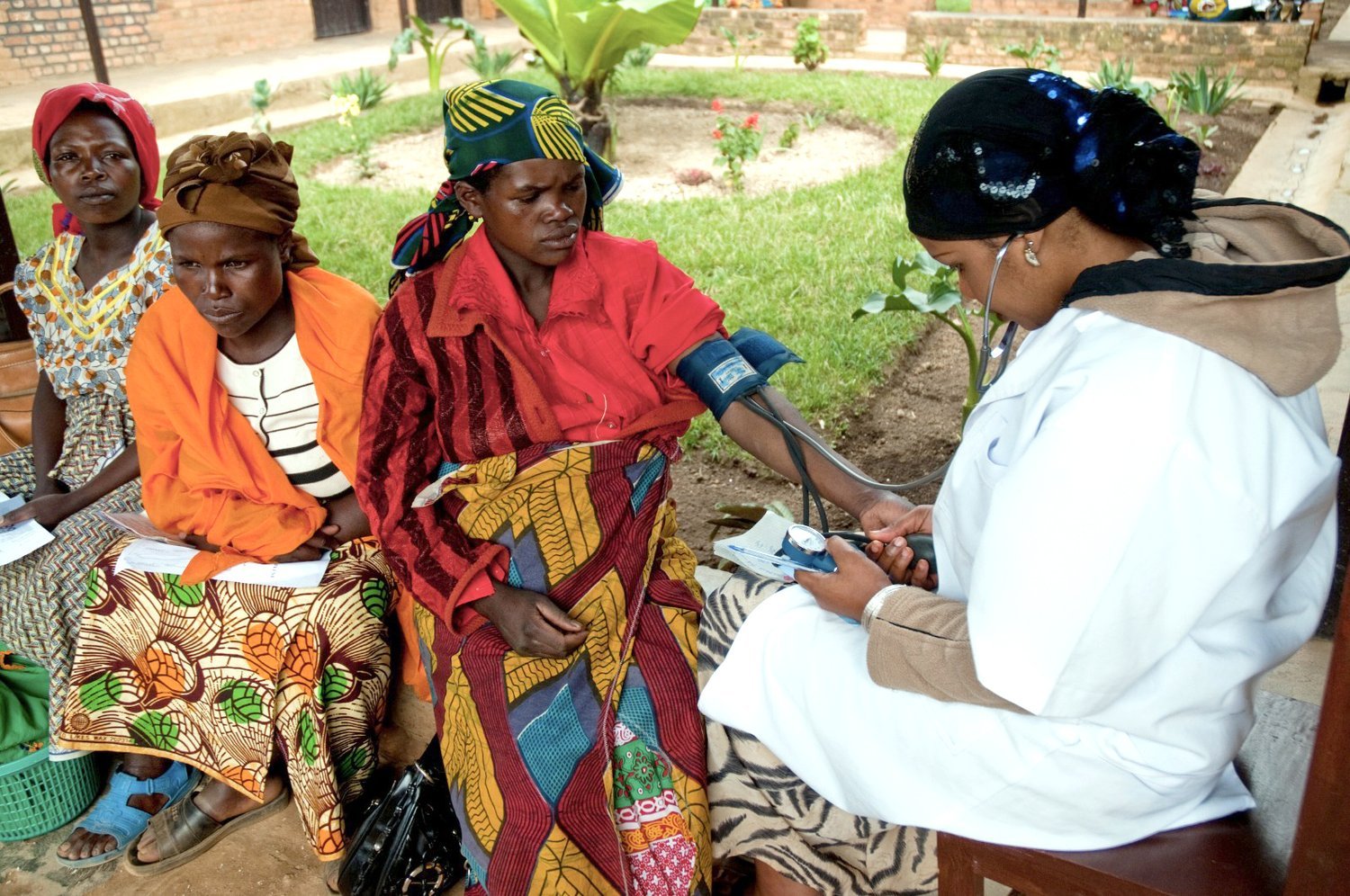
What Women Want: Rwanda Study Highlights Women’s Top Health Concerns
Access to care for back pain, food insecurity, and abnormal vaginal bleeding. Overcoming the barriers to care posed by the high costs of transportation to clinic and missing work. Care delivered in a way that respects both dignity and privacy. Those were some of the top healthcare priorities that women in rural Rwanda identified in an International Journal of Gynecology and Obstetrics study.

Cambodia NCDI Poverty Commission Meets for Priority-Setting Workshop
The Cambodia NCDI Poverty Commission members took a big step in March 2023 when they reviewed key findings of the country’s situation analysis and conducting a workshop to form recommendations on which noncommunicable conditions and interventions to prioritize based on burden, severity, and equity.
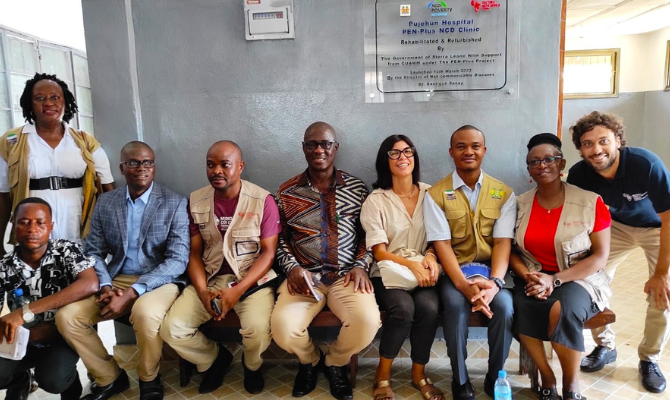
“Help for Life and Health for All”
“Help for life and health for all!” wrote Dr. Giacamo Marro of Doctors with Africa CUAMM on the Italian NGO’s blog. “With this message of hope and commitment, chosen by the health personnel, the PEN-Plus clinic for chronic non-communicable diseases at the government hospital in Pujehun was officially opened.”

Q&A: Center for Integration Science Aims to Break the Impasse on Global Health Equity
Type 1 diabetes, sickle cell disease, and rheumatic and congenital heart disease. In the United States, if people with any of these diseases walk through a hospital’s doors, they can get treated. Their treatment is typically swift and, by and large, effective. Yet, in low-income nations, these conditions can be a death sentence, together claiming the lives of more than 175,000 children and adults living in extreme poverty every year. More than 80 percent of these deaths could be avoided if people living in poor, rural areas of low-income countries had access to the highly effective treatment routinely available in the United States and other wealthy countries.
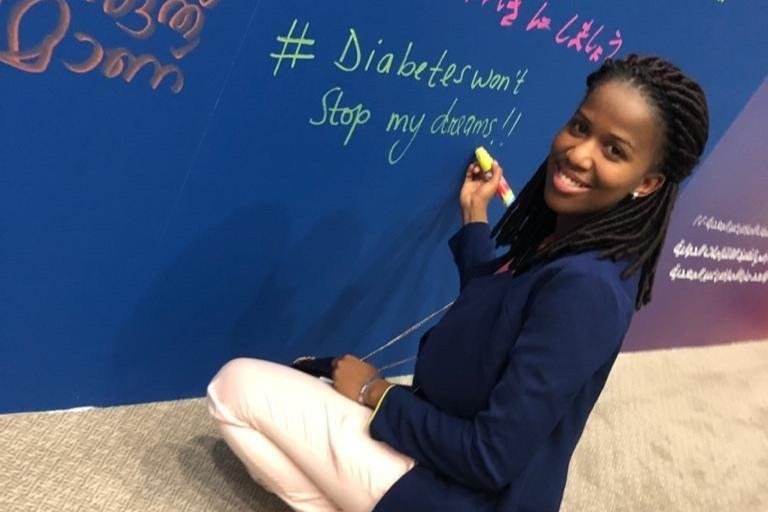
Type 1 Diabetes Champion: Paladie’s Story
“Much of my outreach work is focused on diabetes education because it’s important to eradicate the many misunderstandings about the condition. When I get in front of people, the first thing I say is that I’m living with type 1 diabetes. My energy and enthusiasm silence the voices that said I would die. People who live with type 1 diabetes and other severe noncommunicable diseases are no different from anyone else.“

Southern Africa Regional Hub Celebrates First Anniversary
The Maputo co-secretariat of the NCDI Poverty Network, based at Universidade Eduardo Mondlane, hosted an event marking the first anniversary of the establishment of both the Southern Africa Regional Hub and the Maputo co-secretariat of the NCDI Poverty Network on 1 February. The event encouraged discussion on how the Hub can support countries in the region in implementing the PEN-Plus model.
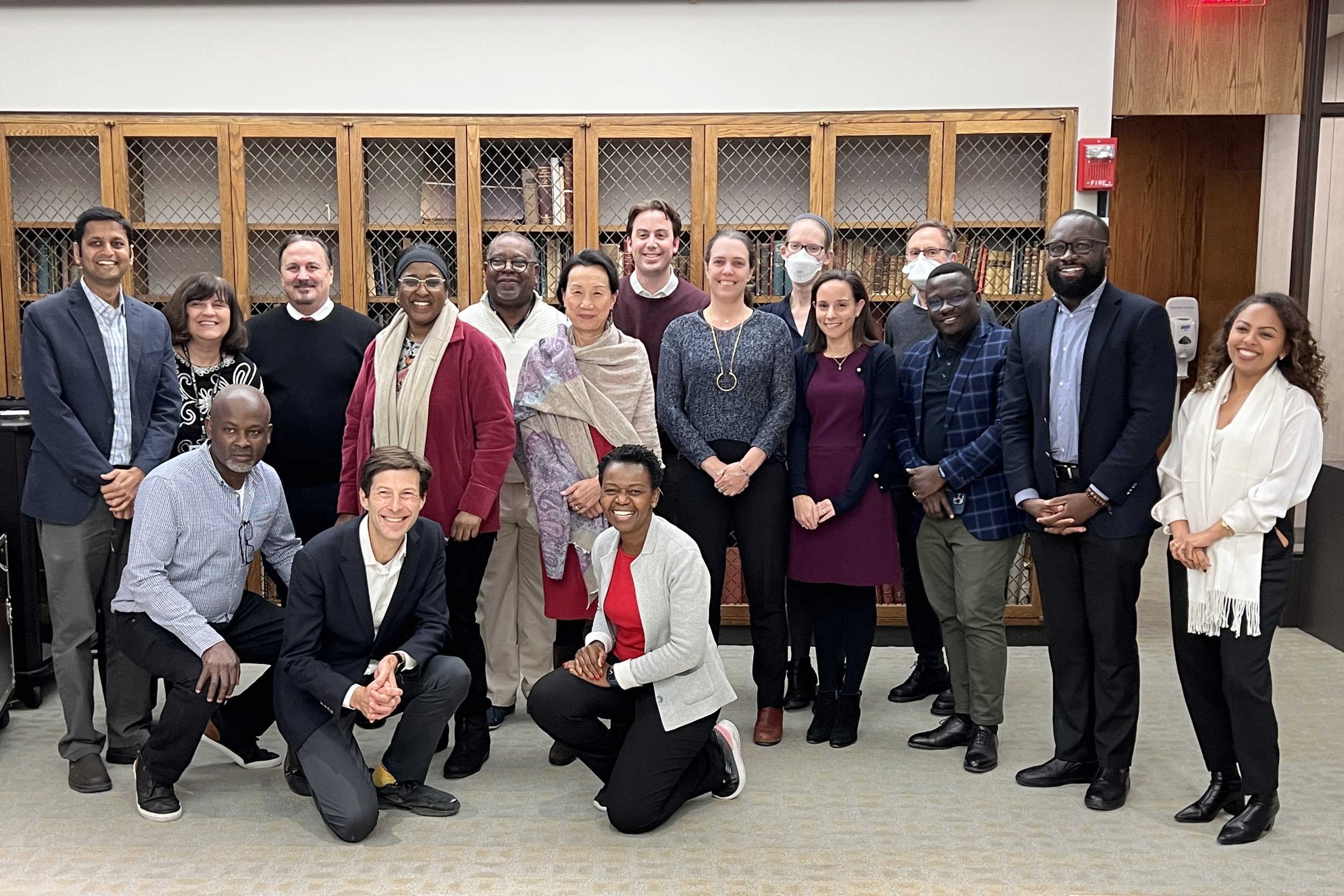
Network and WHO/AFRO Teams Meet to Plan for PEN-Plus Implementation
Momentum has continued since the 47 member states of the African Region of the World Health Organization adopted the regional PEN-Plus strategy to address severe noncommunicable diseases at first-level referral health facilities.
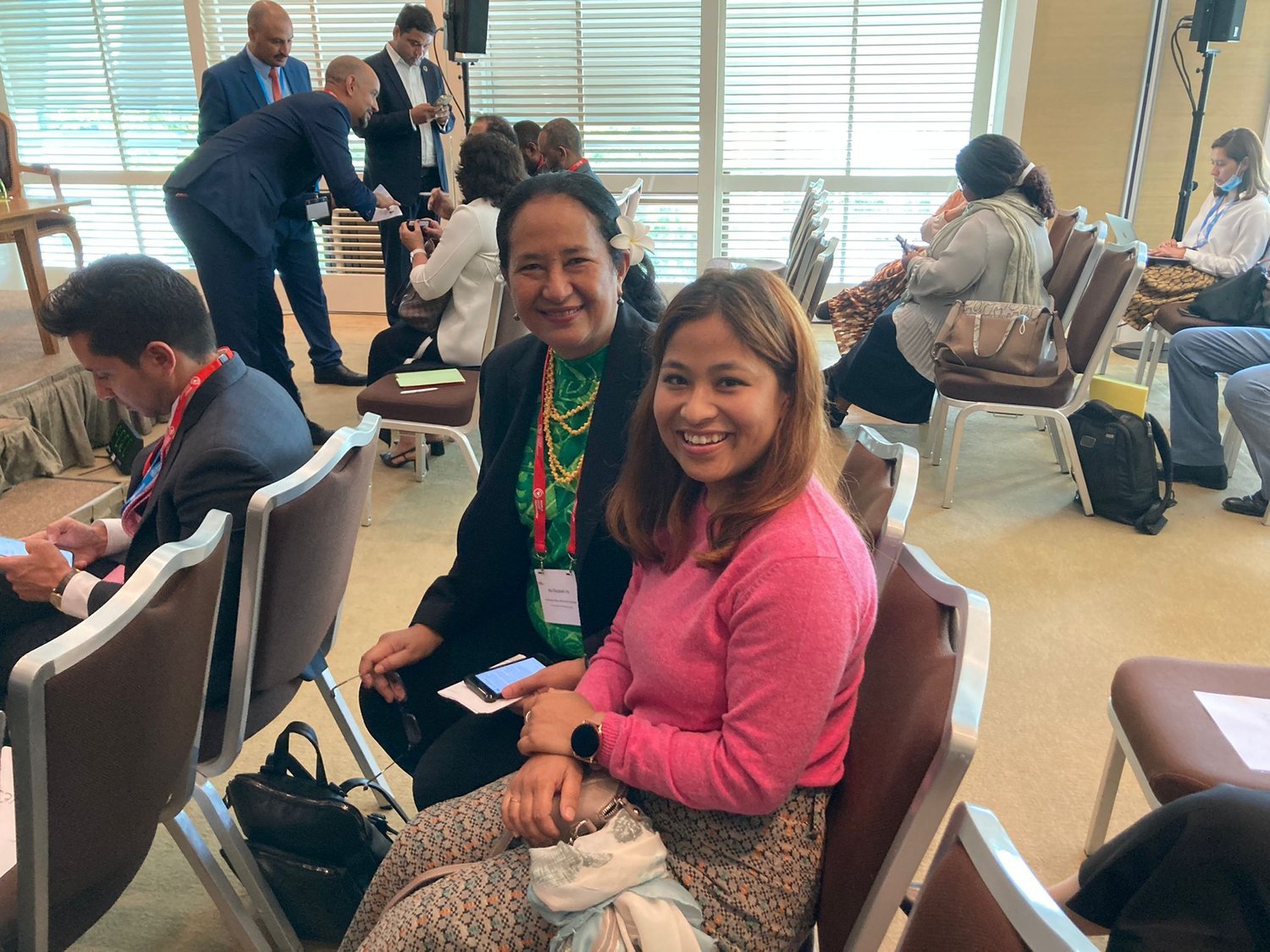
Finding My Purpose in Health Advocacy: Anu Gomanju’s Rheumatic Heart Disease Story
“Becoming a health advocate and sharing my experience with the world has answered the questions that have plagued me since I was diagnosed as a child: Why do I have rheumatic heart disease? Why do I have to depend on medicine? What is the purpose in my life? I have found my purpose in health advocacy.”
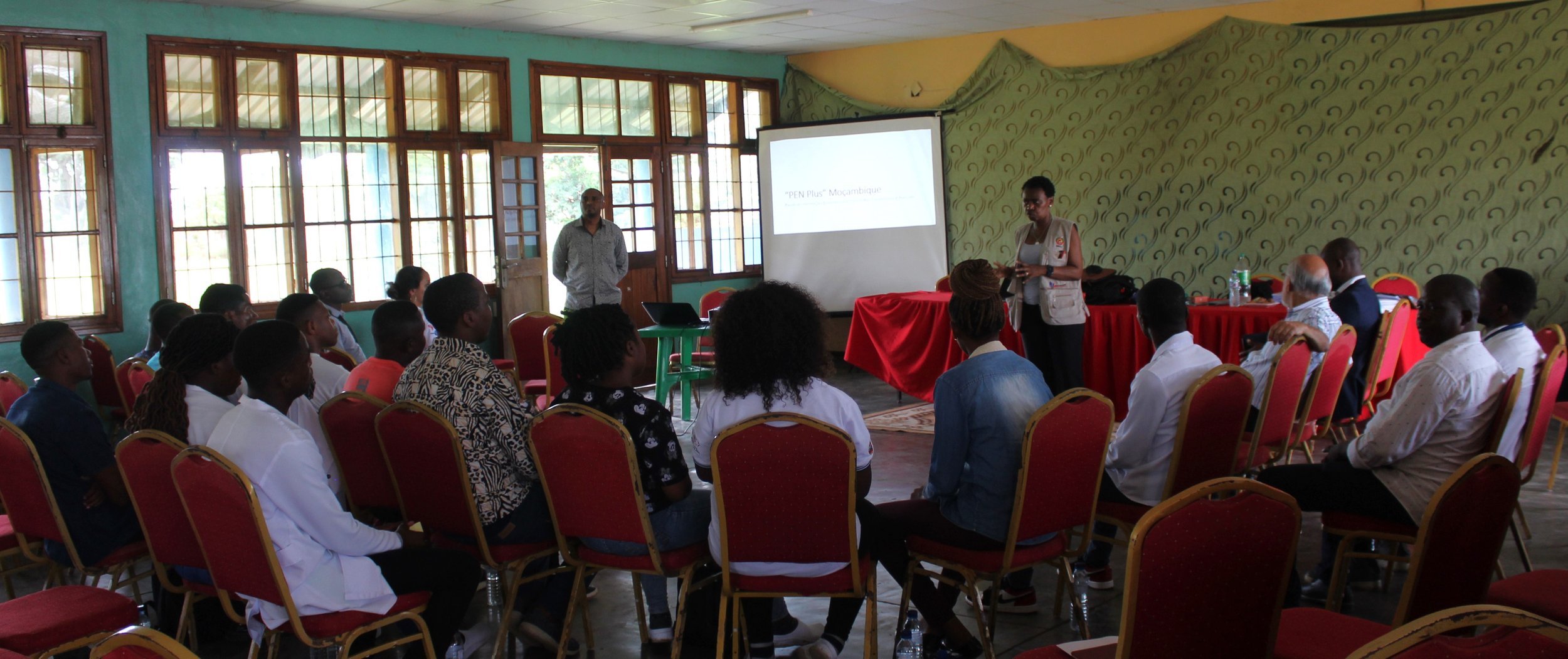
Clinical Training Helps Mozambique Prepares to Open First PEN-Plus Clinic
As Mozambique prepares to open its first PEN-Plus clinic in Nhamatanda, NCDI Poverty Network Co-Chair Dr. Ana Mocumbi, Universidade Eduardo Mondlane Chair of Medicine Dr. Sam Patel, and Network PEN-Plus Regional Technical Advisor Dr. Jorge Sixpence led training sessions for four days in December. Twenty five healthcare professionals including physicians, general medicine technicians, nutritionists, and data managers attended the training.
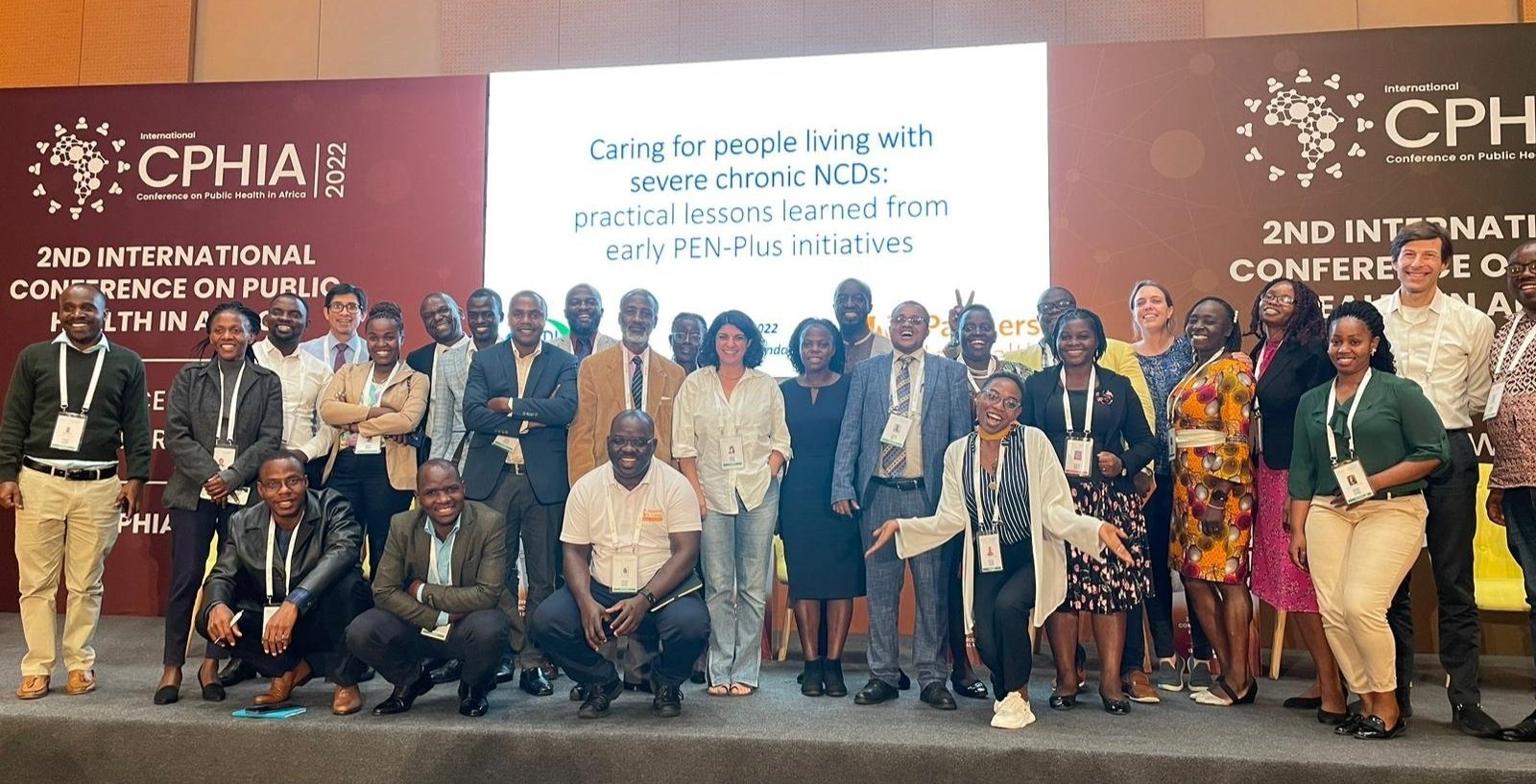
Network and Partners in Health Host PEN-Plus Side Event at Africa Public Health Conference
The NCDI Poverty Network and Partners in Health hosted a side event titled “Caring for People Living with Severe Chronic NCDs: Practical Lessons Learned from Early PEN-Plus Initiatives” on 14 December at the 2nd International Conference on Public Health in Africa (CPHIA) in Kigali, Rwanda.
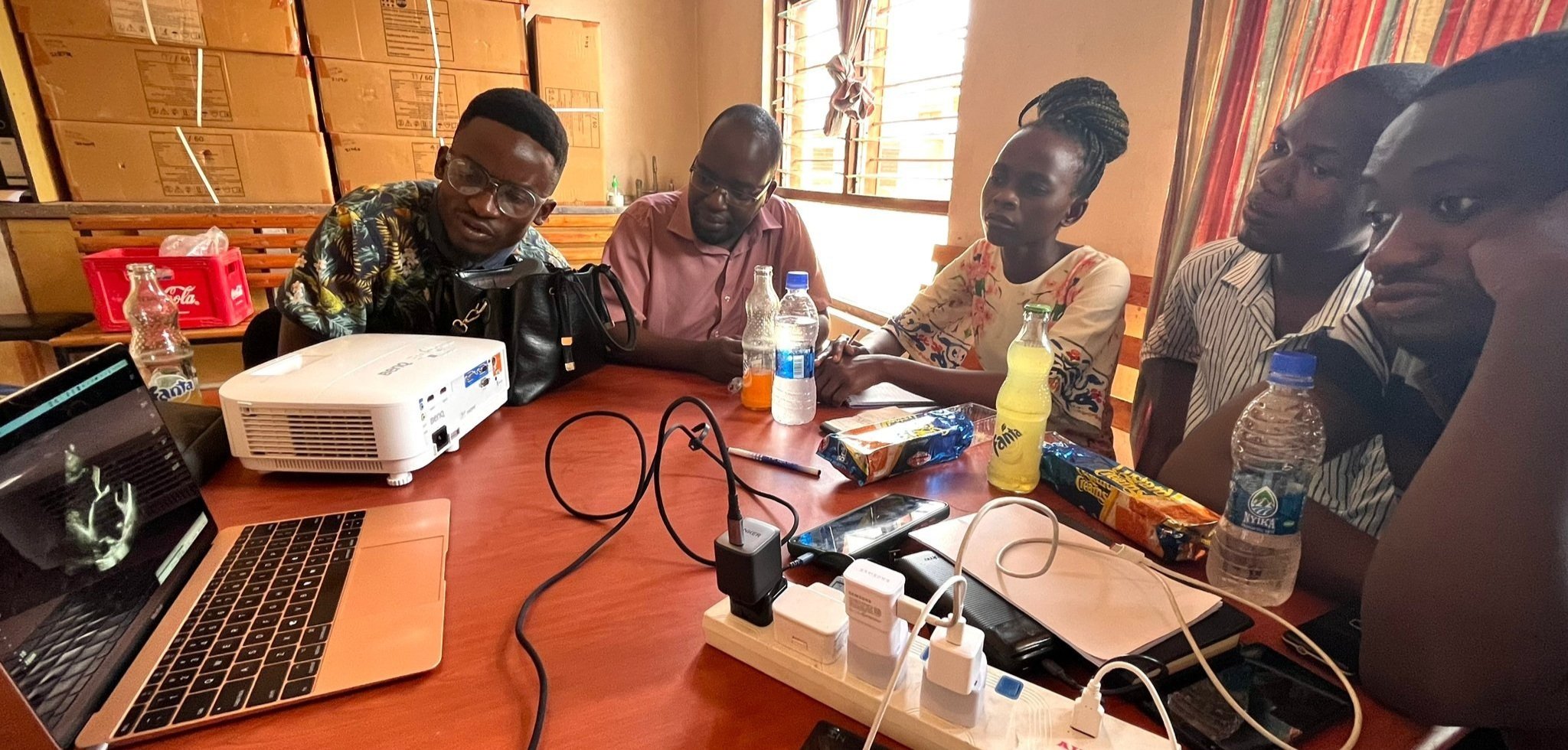
Master Trainer Leads Echocardiography Training for PEN-Plus Providers in Malawi
As part of Malawi’s efforts to scale up PEN-Plus nationally, clinical officers and nurses from two expansion sites in Salima and Karonga recently completed two weeks of echocardiography training at the PEN-Plus training site and clinics established in Neno by the Ministry of Health and Partners In Health Malawi.
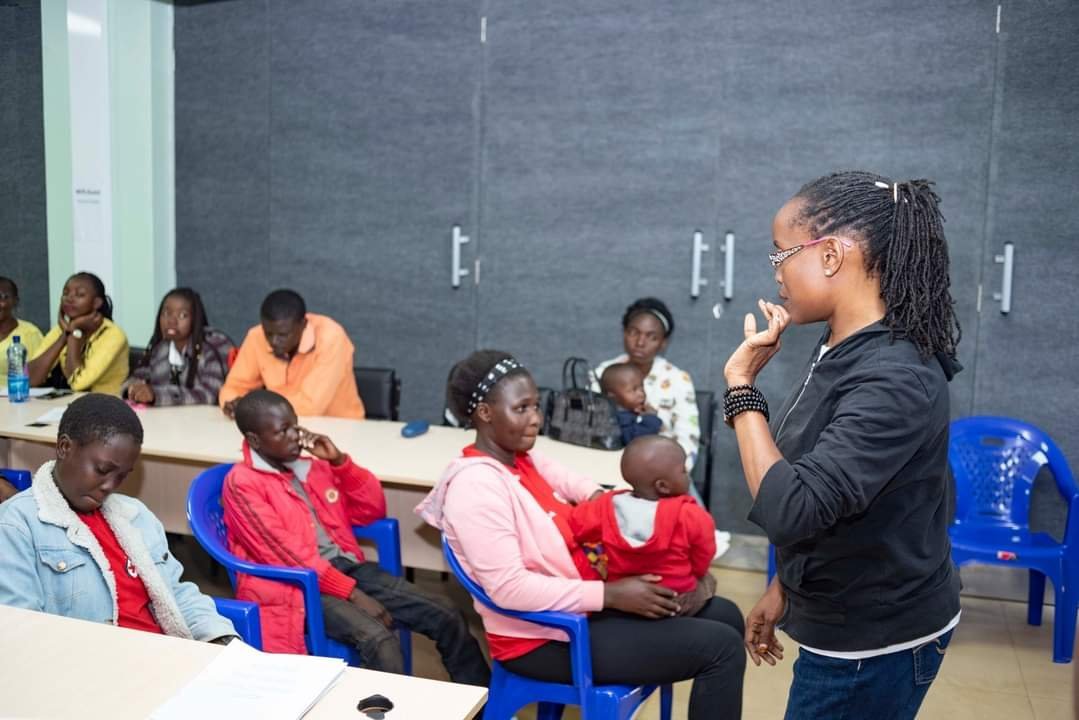
From Patient to Advocate: The Story of Eunice Owino, Sickle Cell Warrior
“We’re called sickle cell warriors because we’re fighters. Even though we experience excruciating bouts of pain, we can overcome.”
